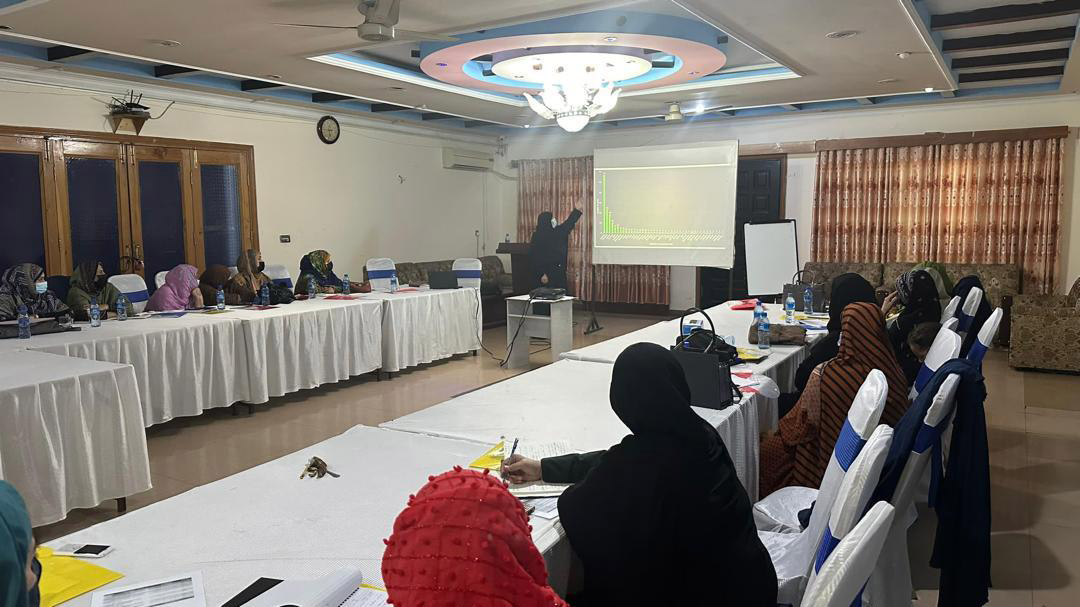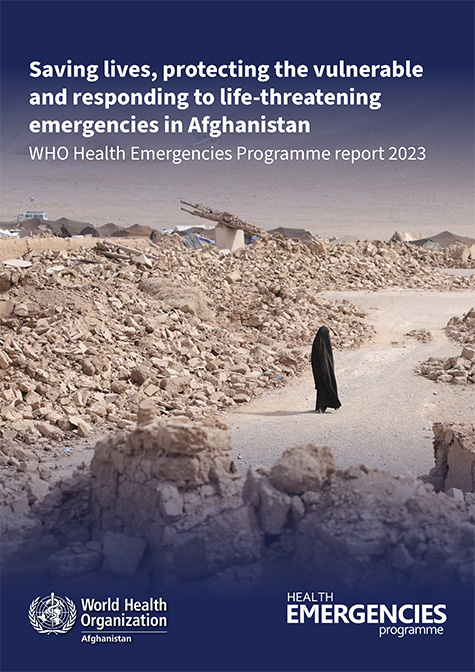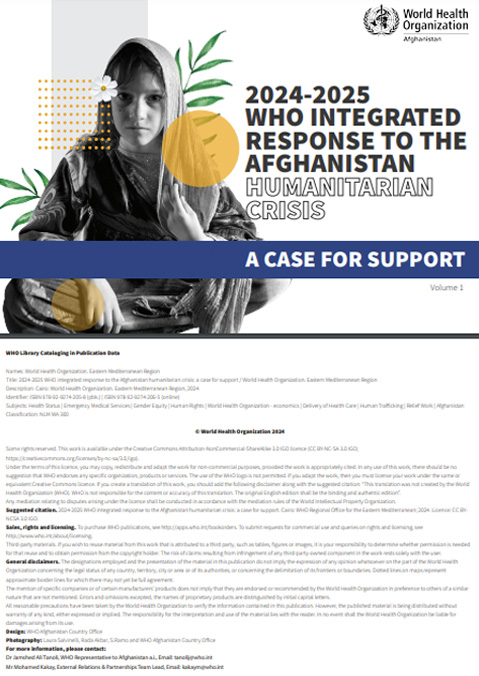 Female participants in the Dengue Fever Case Management Training program, 2024.30 May 2024, Kabul, Afghanistan – Afghanistan’s health system has suffered decades of instability made worse by natural and climate change-related disasters, like earthquakes and floods. These challenges have severely affected the country’s ability to cope with health crises, including the ongoing fight against dengue, first detected in Afghanistan in 2019.
Female participants in the Dengue Fever Case Management Training program, 2024.30 May 2024, Kabul, Afghanistan – Afghanistan’s health system has suffered decades of instability made worse by natural and climate change-related disasters, like earthquakes and floods. These challenges have severely affected the country’s ability to cope with health crises, including the ongoing fight against dengue, first detected in Afghanistan in 2019.
In 2022 and 2023, dengue spread along 7 border provinces in Afghanistan’s eastern and south-eastern regions. The infectious disease threatened about 5 million people living in high-risk areas due to rapid population movements.
Responding to the concerning spread of the disease, the WHO Country Office in Afghanistan launched a focused training programme in 2024 to contain the rising number of dengue cases.
The programme was tailored to build local health care capacities in the targeted provinces of Kandahar, Khost, Kunar, Laghman, Nangarhar, Paktia and Paktika. More than 350 health workers, including female and male doctors and nurses, were trained on dengue case management. Meanwhile, 150 laboratory technicians were trained on laboratory diagnosis.
Among the beneficiaries of the training programme organized by WHO Afghanistan were people like Nasir, a health worker in Nangarhar, who expressed his satisfaction with the training: “It has equipped me with the necessary skills to detect and manage dengue cases effectively. I and other trained colleagues have been provided with practical information and assimilations that made us feel more confident and capable of contributing to our community’s health.”
Another beneficiary was 8-year-old Mariam, from Khost province, who battled dengue for 5 difficult days. Her mother, Farah, expressed immense relief, explaining, “The health care staff here saved my daughter’s life. Mariam received timely and appropriate care, and she is now recovering well. My husband and I are deeply grateful for the medical care and attention our daughter received.”
“WHO’s swift response to the dengue outbreak in Afghanistan reflects our commitment to ensure the health and well-being of the Afghan people,” said Dr Jamshed Tanoli, acting WHO Representative to Afghanistan. “By empowering local health workers and building their capacity, we are not just fighting a disease; we are building resilience and strengthening the health system.”
WHO Afghanistan would like to extend its gratitude to the Contingency Fund for Emergencies. Its crucial support enabled the implementation of this significant training programme to combat the dengue outbreak in Afghanistan. This partnership highlights the importance of collaborative efforts to address public health crises and underlines a shared commitment to improve the health and well-being of all in Afghanistan.













